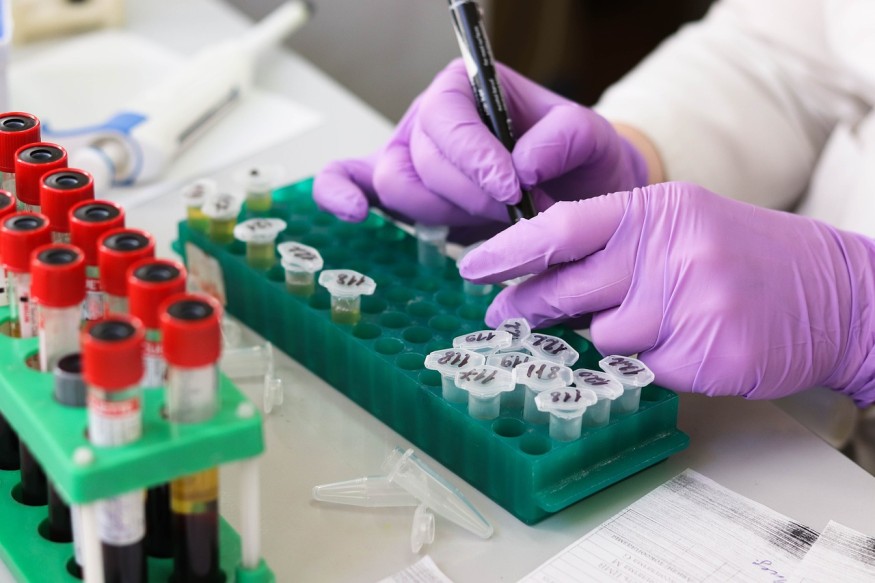
Scientists at startup Dionysus Digital Health are spearheading the development of a genetic blood test, propelled by artificial intelligence, to forecast the likelihood of postpartum depression in women prior to conception.
This pioneering $250 blood test, a novel advancement in postpartum depression screening, is predicated on a genetic marker intricately intertwined with mood regulation and hormonal fluctuations.
Distinct from conventional screening methods reliant on subjective patient surveys, the test harnesses machine learning algorithms to analyze epigenetic patterns in blood samples, juxtaposing them against meticulously curated benchmarks amassed through a decade-long exploration of postpartum depression dynamics among pregnant individuals, the Washington Post reported.
Envisioned as a preventive tool, the test is poised to be administered by medical professionals, primarily during the second and third trimesters of pregnancy, fostering proactive intervention to forestall potential hospitalizations and adverse outcomes.
"It can actually predict before an illness has occurred or if someone has an increased risk, in this case, of postpartum depression," Andrea Cubitt, co-founder and CEO of Dionysus, stated in an interview with the San Diego Business Journal last year.
Despite its promising prospects, apprehensions linger regarding the test's reliance on a predominantly homogenous dataset from Johns Hopkins Hospital, raising concerns about algorithmic bias. However, Dionysus remains resolute in its commitment to diversifying its validation cohorts, buoyed by a $6 million grant from the Department of Defense.
Anticipated to undergo rigorous scrutiny by regulatory bodies, including the FDA, before widespread adoption, the test's accessibility hinges on securing coverage from insurers and employers, with experts cautioning against potential disparities in accessibility.
As per Fox News, apart from advancements in diagnostics, artificial intelligence extends its influence to various aspects of postpartum depression intervention, exemplified by the creation of a chatbot by researchers at the University of Texas, broadening the array of support resources accessible to pregnant and new mothers.
